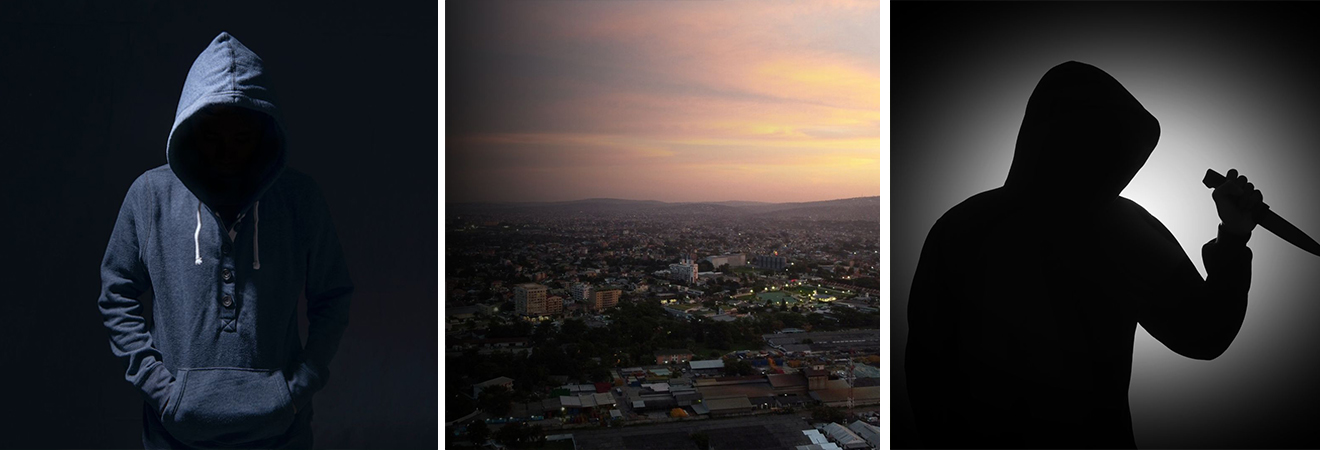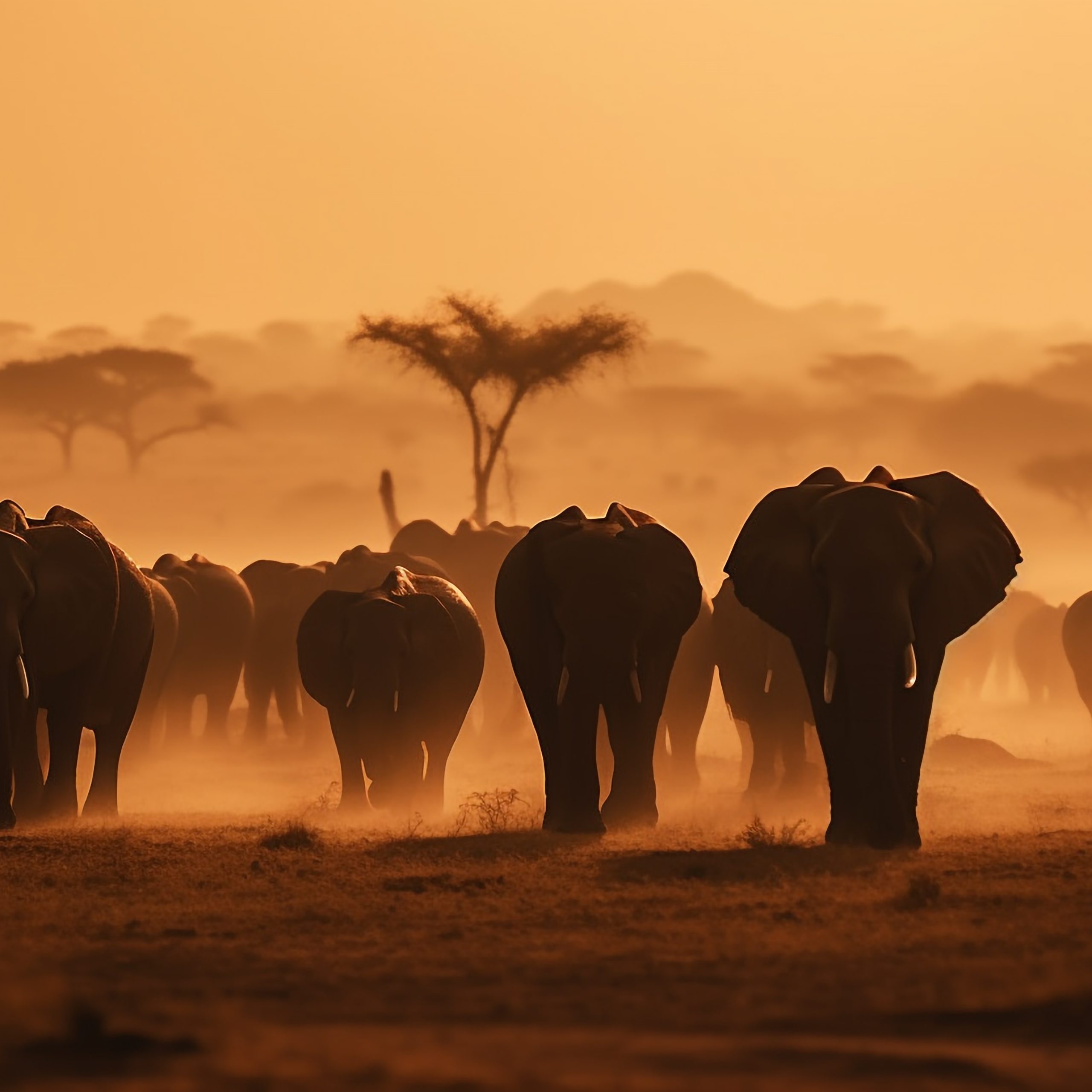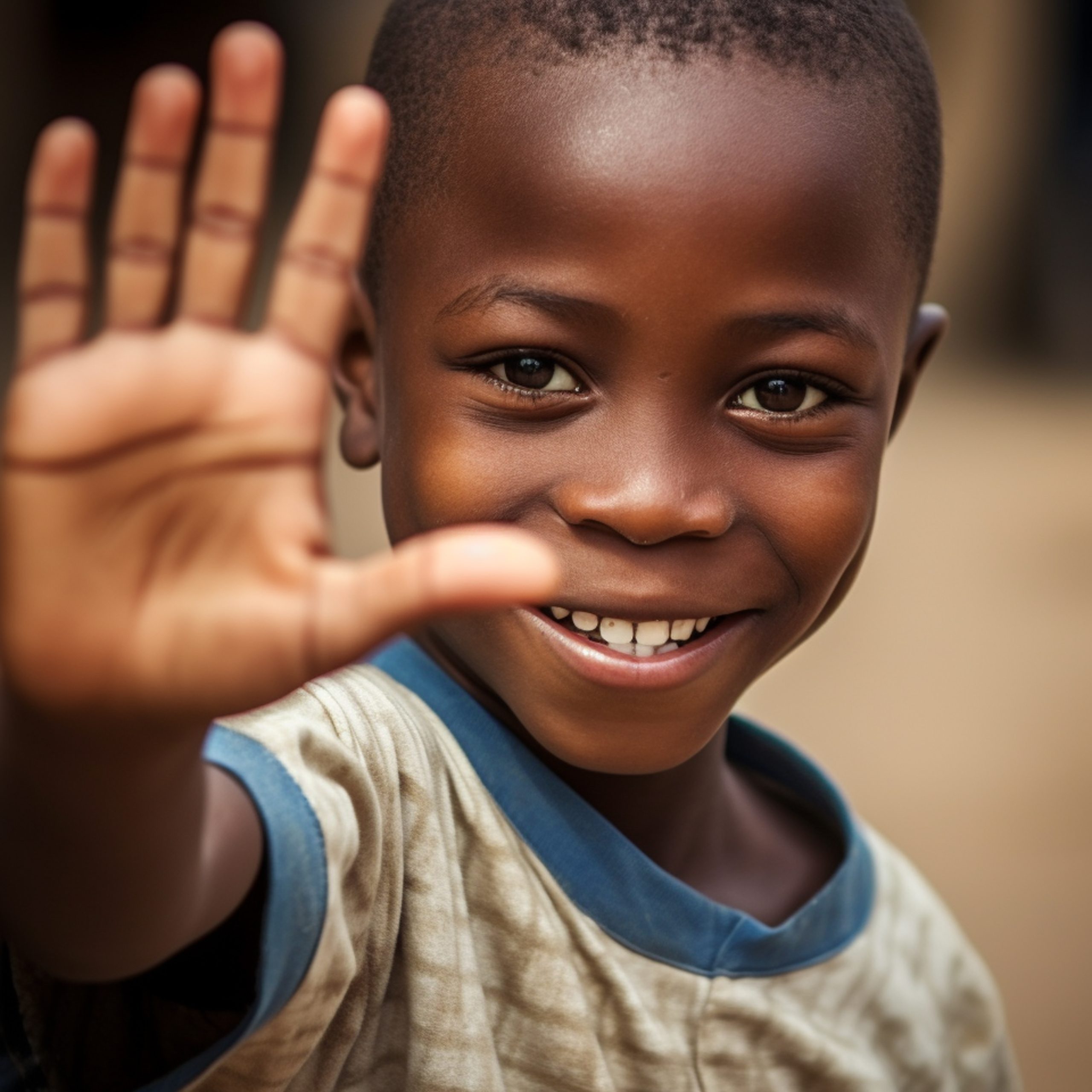One Slice Away from being chopped : The Untold Stories of Kuluna and the Urgent Need for Reform
In the bustling streets of Kinshasa, a dark reality casts its shadow over the city: the presence of kuluna gangs, primarily composed of young minors, and at times, ominously, including women. Armed with machetes, these gangs rule the streets day and night, instilling fear in the hearts of residents, leaving behind a trail of violence, theft, and mutilated bodies. This article explores the untold stories of kuluna, examining the reasons behind their descent into criminality and the urgent need for reform to break the cycle of violence and despair.
The term “kuluna” refers to a phenomenon that emerged in the Democratic Republic of Congo (DRC) around 2004-2005. The word itself is derived from the Lingala language, spoken in the DRC, and loosely translates to “thug” or “hooligan.” The kuluna phenomenon began with gatherings of young people initially intended for judo fights. However, it took a violent turn when disputes erupted, leading to clashes between youth from different neighborhoods.
These confrontations escalated to the point where these young individuals armed themselves with machetes, readily available and easy to acquire. Machetes are often referred to as “white weapons” due to their common and easily procurable metal construction. This weapon of choice contributed to the scale of violence associated with the kuluna phenomenon.

Over 20 years later, this trend has expanded beyond its initial locations, and Kinshasa, the capital of the DRC, has become a hub of kuluna activities. The violence associated with kuluna activities has had significant social and security implications in the affected areas.
According to UNICEF, 67% of the population in the DRC is young. In a country of over 100 million people, the kuluna phenomenon is fraught with danger and despair, often motivated by circumstances beyond the control of the young members. Living in impoverished neighborhoods, these youth are compelled to adopt a criminal life as a means of survival. The weapon of choice for these gangs is the machete, and their modus operandi frequently involves theft and violence against innocent civilians, leaving them physically scarred and emotionally traumatized.
The most common scenario involves victims desperately trying to protect their belongings, only to lose parts of their bodies in the process. Hands, in particular become a macabre symbol of the struggle between the desperate and the ruthless. The scars left behind serve as a constant reminder of the brutal reality experienced by those inhabiting the urban landscapes of Kinshasa.
What is the Way Forward?
As we confront this troubling reality, a crucial question emerges: Where do we go from here? Is fear the appropriate response, or should we channel our energy into understanding the root causes of this epidemic and work towards a sustainable solution?
Haiti has been in the news recently for the impact of organized gangs on the complete breakdown of the Government and society. The international press has called the situation “Cataclysmic.” Governments should take cognizance of the fact that if left unchecked, gangs can lead to total anarchy in a country,
It is essential to recognize that children involved in these gangs have the potential for a better future if provided with the necessary support and resources. While the immediate response might be one of fear and condemnation, a more compassionate and informed approach is needed to address the systemic issues contributing to the creation of kuluna gangs.
The Congolese government plays a significant role in resolving the kuluna phenomenon and ensuring the safety of its citizens. A comprehensive strategy must be implemented to tackle the root causes of youth involvement in these gangs. This includes addressing issues of poverty, lack of education, and limited access to opportunities that make youth vulnerable to a criminal life.
Government initiatives should focus on creating programs that offer alternatives to at-risk youth, providing educational opportunities, vocational training, and psychological support. By investing in the future of these children, the government can break the cycle of violence and ensure a more stable and secure society.
Another crucial aspect of addressing the kuluna issue is reforming the police force and ensuring accountability in upholding the rule of law. Too often, reports indicate police easily being corrupted by the families or associates of kuluna gang members, allowing the cycle of corruption to persist.
To counter this, rigorous training programs for law enforcement should be implemented, emphasizing ethical conduct, and instilling a sense of duty to protect the community. Additionally, the establishment of an independent oversight body to investigate and prosecute cases of police corruption can contribute to restoring public trust in the judicial system.
How to Restore Trust in the Community?
Addressing the kuluna phenomenon requires a holistic approach involving active participation from communities. Building strong community networks and fostering a sense of collective responsibility can help identify at-risk youth early and provide them with the necessary support before they fall victim to the allure of gang life.
Community centers, mentoring programs, and awareness initiatives can play a vital role in creating a supportive environment for vulnerable youth. By involving community leaders, educators, and local businesses, a united front can be formed to resist the influence of kuluna gangs and promote positive alternatives for the youth.

My name is Jessica, and I live in one of Kinshasa's impoverished neighborhoods. One evening, on my way home from work, a group of Kuluna gang members surrounded me. Armed with machetes, they demanded my valuables. Terrified, I resisted, holding on tightly to my bag. In the struggle, they cut off my fingers, leaving me physically scarred and emotionally traumatized. The pain and fear still haunt me, a constant reminder of the brutality these Kuluna gangs inflict on innocent civilians. It is time for change; we need support to break free from this cycle of violence.
Testimonial 1: Victim's perspective
I am Patrick, a resident of Kinshasa. One night, I found myself cornered by a group of Kuluna gang members. They were relentless, wanting everything I had. I tried to defend myself, but the machetes they were wielding were too powerful. In the end, I lost part of my hand. The scars serve as a painful reminder of that night. We cannot let fear dictate our lives. It is time for the government to step up, tackle poverty and lack of opportunity, and invest in programs offering alternative pathways for at-risk youth.
Testimonial 2: The victim's perspective
My name is Jean, and I was part of a kuluna gang. Growing up poor made crime the only way to survive. Joining the gang provided a distorted sense of belonging and security. Over time, however, I began to question my choices. The violence we inflicted on others haunted me. I escaped that life, but not everyone is so lucky. It is time for society to understand that we too are victims of circumstance. Comprehensive reform, education and support can break the cycle and offer a chance of redemption.
Testimonial 3: The kuluna member's perspective
I am Mama Solange, a community leader in Kinshasa. We have seen the devastating impact of the kuluna gangs on our youth. It is time for us, as a community, to come together. We need community centers, mentoring programs and awareness-raising initiatives to identify at-risk youth early and offer them alternatives to gang life. It is our responsibility to foster a supportive environment and resist the influence of kuluna gangs. Only through unity and collective responsibility can we restore trust and create a safer community for our children.
Testimonial 4: Community perspective
Time to act is now before the Kuluna migrate from Machete to guns. The consequences of gang membership lead to other non-social activities like drug and alcohol abuse, age-inappropriate sexual behavior, lack of education and job skills, dysfunctional family life, imprisonment and even death. There are psychological impacts on the young gang members, like PTSD, higher levels of anxiety, paranoia, and not being able to fit into society. It is important for the Government, NGOs, Churches, and other reform societies to work together to curb this menace before it is too late.I am David, a representative of an international NGO. The kuluna problem is not unique to Kinshasa; it is a global concern. International collaboration is crucial. By sharing best practices, providing financial assistance and supporting local initiatives, we can help break the cycle of violence. We need to recognize that the challenges facing young people in Kinshasa are linked to global issues. Together, as a global community, we can make a difference and offer hope of a brighter future for all children.
Testimonial 5: International perspective



